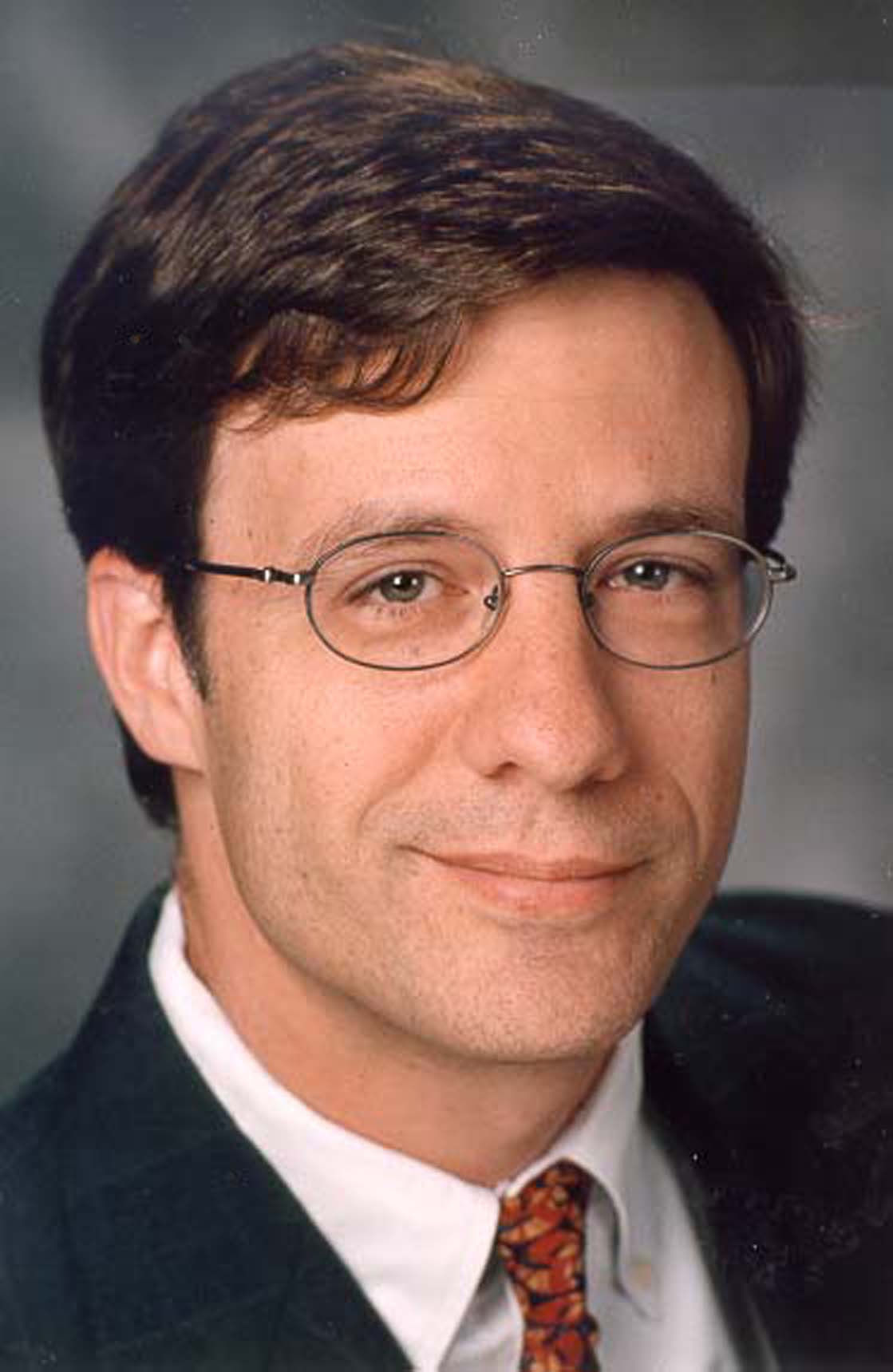|
|
|
TLPJ and Chevy Chase Bank Settle
Class Action Over Allegedly Excessive Interest Charges to
Credit Cardholders
Bank To Pay $16.1 Million and To Remove Negative Information from Consumers’ Credit Records Chevy Chase Bank, F.S.B., has agreed to pay $16.1 million and to remove negative information from consumers’ credit records to settle a nationwide class action lawsuit brought by Trial Lawyers for Public Justice on behalf of credit cardholders who alleged they were being charged excessive interest rates. The settlement agreement in Wells v. Chevy Chase Bank, F.S.B., which Baltimore City Circuit Court Judge John Glynn preliminarily approved on July 26, 2006, ends a long-running class action over allegations that the bank breached its contracts with consumers by raising interest rates above a promised 24 percent ceiling, and imposing new and higher fees. Under the settlement, Chevy Chase has agreed to notify credit reporting agencies not to list debts arising from the charges on consumers’ credit records. "We are gratified by this terrific result for thousands of banking consumers," said TLPJ Staff Attorney F. Paul Bland, Jr. "It has been a hard-fought, seven-year case involving two victories in Maryland’s high court, and we are extremely pleased that Chevy Chase has done the right thing by consumers." "Several consumers told us they were hassled by debt collectors, who were trying to collect the alleged overcharge," Bland continued. "Others told us it was hard to buy a house or car because the bank wrongly listed them as a bad debtor on their credit report. We felt that getting the credit reports fixed was an important part of the deal. Correcting these credit reports could turn out to be worth even more to consumers than the cash." TLPJ alleged that the bank’s customer agreement provided that it would "never" charge more than 24 percent interest, but the company did so anyway. On behalf of the cardholders, it also challenged certain late fees and over-limit fees charged by the bank. Chevy Chase denies that it breached any agreement, or otherwise acted illegally, and no court has yet reached a determination of liability in the case. If the case were not settled, it would likely take several more years to be resolved. Under the terms of the settlement, notice will be sent to all Chevy Chase customers charged the allegedly excessive rates who can be reached in a practical manner. Those customers will be given the opportunity to file claims to be repaid the sums that they were allegedly overcharged, through a streamlined and easy process. Under the terms of the settlement, after all claims are made, and attorneys’ fees and expenses are deducted, any remaining funds will be paid to nonprofit and charitable organizations that would advance the interests of the consumer class members. Filed in 1999, the case has had a long and complex history. In the summer of 1999, the Circuit Court for Baltimore City dismissed the plaintiffs’ class action from court, requiring them to arbitrate the matter on an individual basis. TLPJ appealed that ruling, and eventually won a unanimous decision from the Maryland Court of Appeals reinstating the action. In the summer of 2002, the Circuit Court once again dismissed the case, this time holding that the consumers’ claims were preempted or barred by federal law. TLPJ also appealed that ruling, and eventually won a 6-1 decision from the Maryland Court of Appeals reinstating the case. After several more years of litigation, however, the parties were still far from a trial and agreed to settle the matter. While the lawsuit was pending, JPMorgan Chase Bank, N.A., became the successor in interest to Chevy Chase Bank's credit card business. As a result, JPMorgan Chase Bank, N.A., is formally involved in the settlement as well. In addition to Bland, TLPJ’s legal team in this case includes lead counsel John T. Ward of Baltimore, co-counsel Thomas J. Minton of Goldman and Minton in Baltimore, William H. Murphy of Baltimore, Michael P. Malakoff of Malakoff Doyle & Finberg, P.C., in Pittsburgh, and TLPJ’s Staff Attorney Leslie A. Brueckner, Power-Cotchett Attorney Michael J. Quirk, Goldberg-Saladoff Fellow Richard Frankel, and former TLPJ attorney Victoria Nugent. The
settlement agreement in Wells v. Chevy Chase Bank, F.S.B.,
the
judge’s order preliminarily approving the settlement, and
TLPJ’s key briefs in the case are posted online at
www.tlpj.org. |
|

